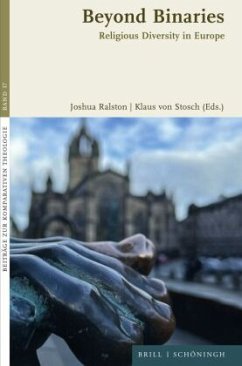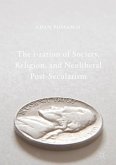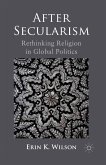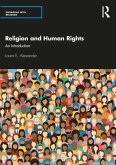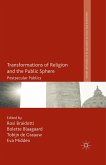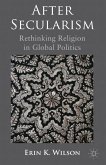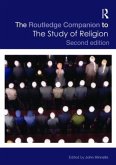In Europe religion and the secular are often depicted as inherently opposed to one another, with religions often considered to be only relevant to private affairs and personal beliefs. In contrast, the public sphere is understood as a secular and rational place where religious influence must be curtailed. In this binary perspective, Islam is viewed as misunderstanding the nature of religion and the secular because it seeks to enter the public space and does not properly accept the separation of religion and state. By contrast, Europe is associated with political secularism and it is presumed to be both secular and Judeo-Christian. This leaves other religious traditions, especially Islam and Muslims, as outside the dominant vision of Europe. The book brings authors together who share a vision of Europe beyond these binaries. It shows paths to a fruitful encounter of religion and secularities in Europe on the one hand and of Judaism, Christianity and Islam on the other.
Bitte wählen Sie Ihr Anliegen aus.
Rechnungen
Retourenschein anfordern
Bestellstatus
Storno

